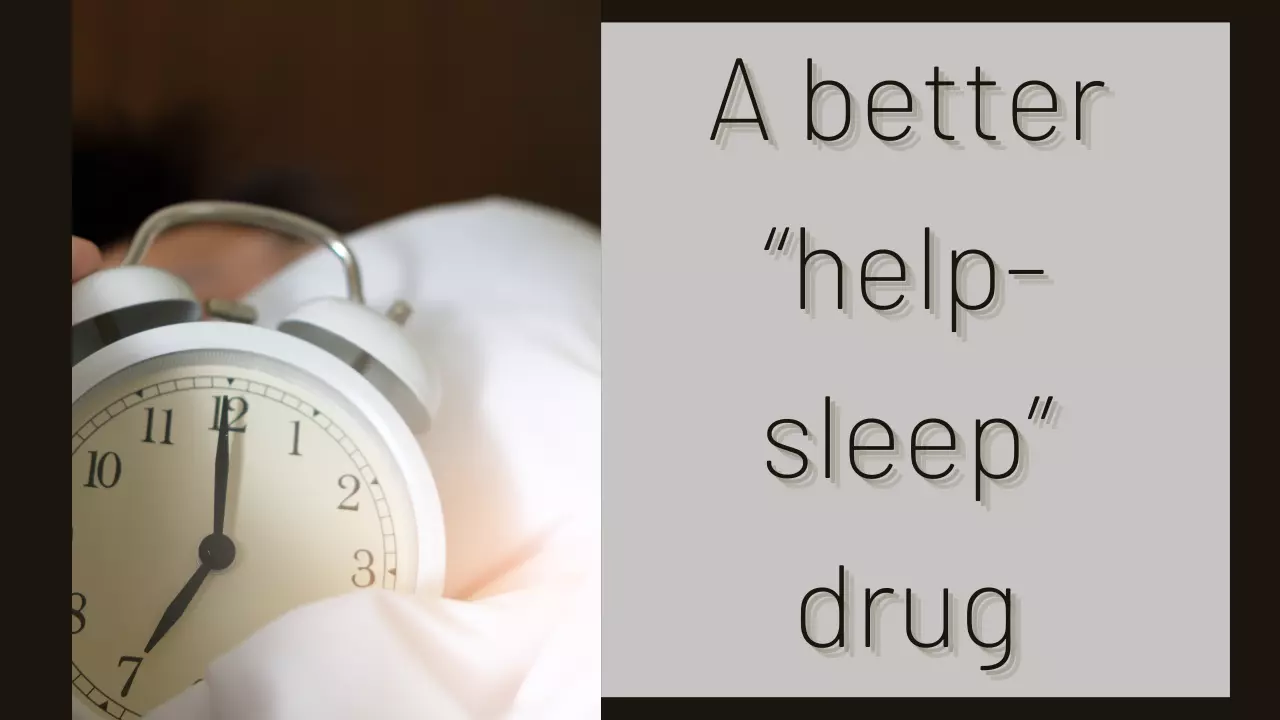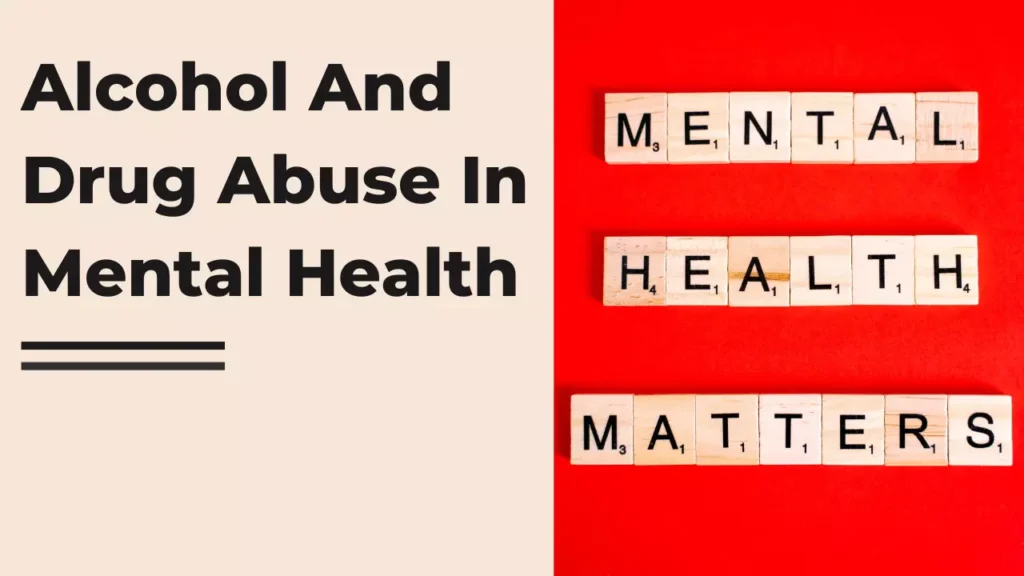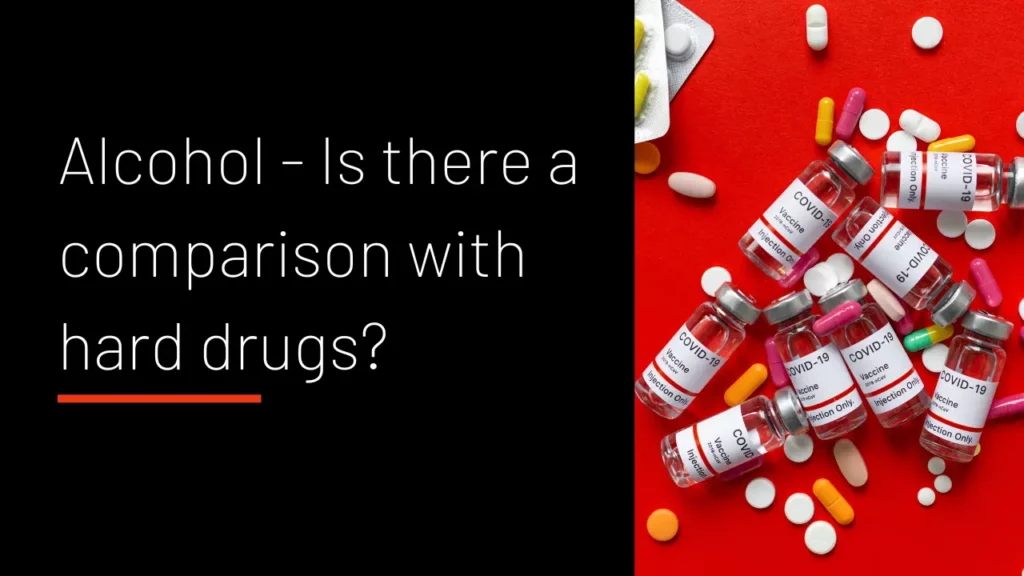
Finding a Solution to Sleep Woes: Do you often find yourself tossing and turning at night, desperately searching for a solution to your sleep troubles? The quest for the perfect sleeping aid is a common one, with countless individuals seeking a remedy that not only induces sleep but also ensures a restful and rejuvenating experience. In this pursuit, the focus has shifted towards developing a better “help-sleep” drug that addresses the shortcomings of existing options.
The Current Landscape of Sleeping Drugs
Assessing the Shortcomings
Before delving into the quest for improvement, let’s take a brief look at the current landscape of sleeping drugs. Many widely used medications often come with side effects, ranging from grogginess and dizziness to more severe concerns like addiction and dependency. Additionally, the effectiveness of these drugs can vary significantly from person to person, leaving individuals in a constant state of trial and error.
Key Criteria for an Ideal Sleeping Aid
Defining the Essentials
To formulate a superior “help-sleep” drug, it is crucial to establish the key criteria that define an ideal sleeping aid. These criteria serve as the foundation for the development process, guiding researchers towards a solution that not only induces sleep but does so with minimal side effects and maximum efficacy.
1. Efficient Induction of Sleep
A fundamental requirement for any sleeping drug is its ability to efficiently induce sleep. The speed at which the drug takes effect plays a pivotal role in providing relief to individuals struggling with insomnia or other sleep disorders. An ideal solution would offer a quick onset of sleep without compromising on the overall quality of rest.
2. Minimal Side Effects
One of the major drawbacks of existing sleeping drugs is the range of side effects they can trigger. From morning grogginess to more severe complications, these side effects often deter individuals from relying on pharmaceutical solutions. Developing a sleeping aid with minimal side effects is essential for long-term usage and overall well-being.
3. Reduced Dependency and Addiction Risk
The risk of dependency and addiction associated with certain sleeping drugs is a significant concern. An ideal solution would minimize these risks, ensuring that individuals can use the drug as a short-term aid without fear of developing a reliance on it for sustained sleep.
Exploring Innovative Approaches
Thinking Beyond Traditional Medications
To create a “help-sleep” drug that stands out from the existing options, researchers are exploring innovative approaches that go beyond traditional pharmaceuticals. These approaches leverage a combination of technology and natural elements to provide a holistic and effective solution.
1. Cognitive Behavioral Therapy for Insomnia (CBT-I)
Integrating psychological interventions, such as CBT-I, into the development of sleeping aids offers a unique approach. By addressing the underlying causes of insomnia and promoting healthier sleep habits, this form of therapy aims to provide a sustainable solution without the need for continuous medication.
2. Melatonin-Based Formulations
Melatonin, a natural hormone that regulates sleep-wake cycles, has gained attention as a potential key player in the quest for a better “help-sleep” drug. Researchers are exploring innovative formulations that harness the power of melatonin, ensuring a more natural and harmonious approach to inducing sleep.
3. Smart Sleep Devices
In the era of technology, smart sleep devices are emerging as a promising avenue for sleep improvement. These devices utilize data and algorithms to understand individual sleep patterns and provide personalized recommendations. Integrating pharmaceutical elements into these devices could lead to a more targeted and adaptive approach to inducing sleep.
The Road to Regulatory Approval
Navigating the Regulatory Landscape
While the development of a better “help-sleep” drug is a commendable goal, navigating the regulatory landscape is a crucial step. The approval process involves rigorous testing to ensure both the safety and efficacy of the proposed solution. Researchers and pharmaceutical companies must work collaboratively with regulatory bodies to bring these innovations to the market.
1. Clinical Trials: Ensuring Safety and Efficacy
Clinical trials play a pivotal role in establishing the safety and efficacy of any new medication. Rigorous testing on diverse groups of individuals helps identify potential side effects and assess the overall impact of the drug on sleep quality. Transparency in reporting findings is essential for building trust among consumers and healthcare professionals.
2. Collaboration with Regulatory Bodies
Collaborating with regulatory bodies ensures that the development process aligns with established guidelines and standards. Open communication and adherence to regulatory requirements facilitate a smoother path toward approval, bringing the promising “help-sleep” drug to those in need.
Future Implications for Sleep Health
Transforming the Landscape of Sleep Health
The quest for a better “help-sleep” drug is not only about addressing immediate concerns but also about transforming the overall landscape of sleep health. As innovations continue to emerge, the implications extend beyond pharmaceutical solutions, influencing societal attitudes toward sleep and well-being.
1. Empowering Individuals with Sleep Knowledge
Incorporating educational components into the development of sleeping aids empowers individuals with knowledge about healthy sleep practices. This proactive approach encourages a holistic understanding of sleep, leading to better long-term sleep habits and improved overall well-being.
2. Shifting Focus from Symptom Management to Holistic Wellness
The development of an effective “help-sleep” drug opens the door to a broader shift in healthcare paradigms. Rather than focusing solely on symptom management, there is an opportunity to prioritize holistic wellness, addressing the root causes of sleep disturbances and promoting comprehensive health.
A Promising Future for Sleep Solutions
In the pursuit of a better “help-sleep” drug, researchers are breaking new ground with innovative approaches that prioritize efficiency, safety, and long-term well-being. From incorporating psychological interventions to harnessing the power of natural elements, the future holds promising possibilities for those seeking a reliable solution to their sleep troubles. As the quest continues, the transformation of sleep health becomes not just a possibility but a tangible reality that can positively impact countless lives.
Products and Services for Better Sleep
Sleep Aids and Supplements:
- DreamWell Sleep Aid Capsules: A natural supplement blend promoting relaxation and improved sleep quality.
- Melatonin Max Night Drops: Melatonin-based formulation for a gentle and effective sleep-inducing experience.
Smart Sleep Devices:
- SleepSense Smart Pillow: Integrates sensors to track sleep patterns and offers personalized recommendations for better sleep.
- Nightingale Smart Home Sleep System: Creates a customized sleep environment using sound masking technology for optimal sleep conditions.
Cognitive Behavioral Therapy for Insomnia (CBT-I) Platforms:
- SleepMinds CBT-I App: Offers guided sessions and tools based on CBT-I principles to address underlying causes of insomnia.
- Restful Thoughts Online Therapy: A virtual platform connecting users with certified therapists specializing in CBT-I.
Educational Resources:
- SleepWell Academy: Provides comprehensive sleep education, empowering individuals with knowledge about healthy sleep practices.
- SleepHub Blog: A blog offering articles, tips, and expert advice on various aspects of sleep health and wellness.
E-commerce Platforms for Sleep Products:
- SlumberCart: An online marketplace specializing in sleep-related products, from mattresses to sleep accessories.
- SleepBliss Essentials: Offers a curated selection of sleep-enhancing products, including bedding, aromatherapy, and sleepwear.
Telehealth Services for Sleep Consultations:
- SleepWell TeleHealth: Connects users with certified sleep specialists for virtual consultations and personalized sleep plans.
- RestAssured Virtual Sleep Clinic: Provides online assessments and consultations with sleep experts for comprehensive sleep health solutions.
These online products and services cater to various aspects of sleep health, offering solutions that align with the criteria for an ideal “help-sleep” drug. Whether through supplements, smart devices, therapy apps, educational resources, e-commerce platforms, or telehealth services, individuals now have a range of options to explore for a better and more restful night’s sleep.
FAQs
1. What is a “help-sleep” drug, and how does it differ from regular sleeping pills?
A “help-sleep” drug is a term used to describe medications or interventions designed to aid individuals in achieving better sleep. Unlike regular sleeping pills, the emphasis is on addressing sleep issues with a more comprehensive and holistic approach, focusing on factors like efficiency, minimal side effects, and reduced dependency risks.
2. How do melatonin-based formulations contribute to better sleep?
Melatonin is a natural hormone that regulates sleep-wake cycles. Melatonin-based formulations leverage this hormone to promote a more natural and harmonious approach to inducing sleep. By mimicking the body’s natural processes, these formulations aim to enhance sleep quality without the drawbacks associated with traditional sleeping pills.
3. Can smart sleep devices really improve my sleep patterns?
Yes, smart sleep devices utilize technology to track and analyze your sleep patterns. These devices, such as smart pillows and sleep systems, provide personalized recommendations based on collected data. By creating an optimal sleep environment, these devices aim to improve sleep quality over time.
4. How does Cognitive Behavioral Therapy for Insomnia (CBT-I) work in the context of sleeping aids?
CBT-I focuses on addressing the underlying causes of insomnia by modifying behaviors and thoughts related to sleep. In the context of sleeping aids, integrating CBT-I principles into apps and online platforms offers users a psychological intervention that goes beyond the pharmacological approach, promoting sustainable improvements in sleep habits.
5. Are online therapy platforms effective for treating sleep disorders?
Yes, online therapy platforms specializing in sleep, such as those based on CBT-I principles, can be effective for treating sleep disorders. These platforms connect users with certified therapists who provide guidance and tools to address the root causes of sleep issues, offering a more comprehensive and personalized approach to treatment.
6. How can educational resources contribute to better sleep?
Educational resources, such as online academies and blogs focused on sleep health, empower individuals with knowledge about healthy sleep practices. By understanding the importance of sleep and adopting healthier habits, individuals can make informed choices that contribute to improved sleep quality and overall well-being.
7. What role do e-commerce platforms play in the quest for better sleep?
E-commerce platforms dedicated to sleep products offer a convenient way for individuals to explore and purchase items that enhance their sleep environment. From quality mattresses to sleep accessories, these platforms provide a curated selection of products to support better sleep.
8. How can telehealth services assist in improving sleep health?
Telehealth services specializing in sleep consultations connect users with certified sleep specialists. Through virtual assessments and consultations, individuals can receive personalized sleep plans and expert guidance, making it easier to address specific sleep concerns and conditions.



